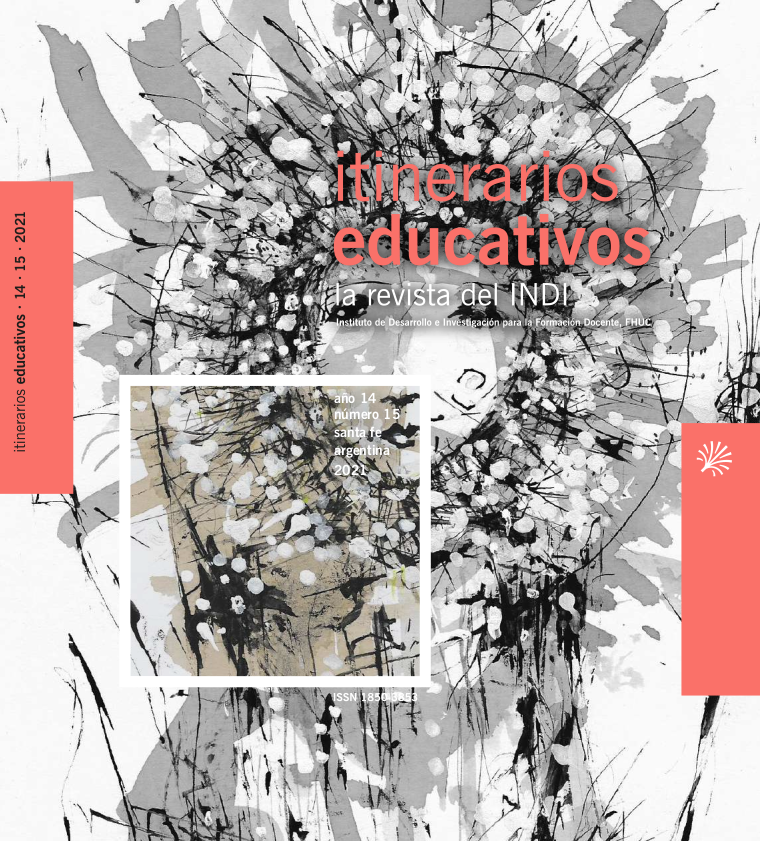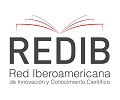Lengua y literatura en la historia de la formación docente para la educación primaria argentina
DOI:
https://doi.org/10.14409/ie.2021.15.e0012Resumen
El artículo recorta aspectos trabajados en nuestra tesis doctoral, la que busca comprender cómo se desarrolla la formación docente en nuestro país, en particular en la provincia de Buenos Aires y, específicamente, en la disciplina escolar Lengua y literatura. Consideramos a esta disciplina como un producto genuino del sistema y de la cultura escolar, por lo que resulta pertinente analizarla respecto de las reformas educativas que impactaron en el sistema formador. Por ello, relevamos los cambios producidos en la estructuración de la formación docente de nuestro país, porque conocer las modificaciones realizadas al modelo normalista nos permite ubicar los períodos en los que también se fue conformando la disciplina escolar, dotándola de sentidos que aún permanecen, aunque en la actualidad se encuentra reconfigurada en nuevos objetos (didáctica de la lectura, didáctica de la escritura, didáctica de la reflexión sobre el lenguaje, didáctica de la oralidad, de las prácticas del lenguaje, entre otros). No se trata solo de ubicar temporalmente los cambios en la estructuración de la formación docente, sino de cartografiar un panorama de reformas que impactan en la construcción de lo que se entiende por formación docente en el área de nuestro interés.
Publicado
Cómo citar
Número
Sección
Licencia
Aviso de derechos de autor/a
Los autores que publican en esta revista están de acuerdo con los siguientes términos:
- Los autores conservan los derechos de autor y garantizan a la revista el derecho de ser la primera publicación del trabajo al igual que licenciado bajo una Creative Commons Attribution License que permite a otros compartir el trabajo con un reconocimiento de la autoría del trabajo y la publicación inicial en esta revista.
- Los autores pueden establecer por separado acuerdos adicionales para la distribución no exclusiva de la versión de la obra publicada en la revista (por ejemplo, situarlo en un repositorio institucional o publicarlo en un libro), con un reconocimiento de su publicación inicial en esta revista.
- Se permite y se anima a los autores a difundir sus trabajos electrónicamente (por ejemplo, en repositorios institucionales o en su propio sitio web) antes y durante el proceso de envío, ya que puede dar lugar a intercambios productivos, así como a una citación más temprana y mayor de los trabajos publicados (Véase The Effect of Open Access).












